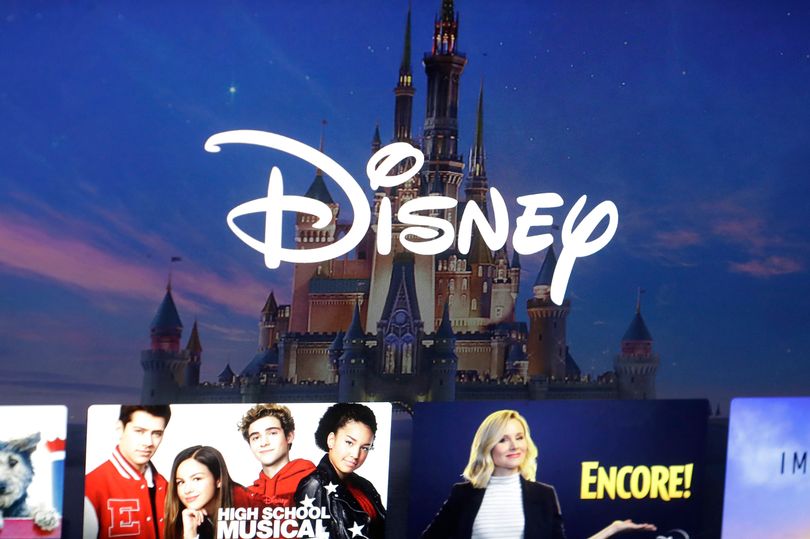
DISNEY'S STREAMING SERVICE BREAKTHROUGH AS IT BEGINS GENERATING PROFIT
The Walt Disney Co. experienced a loss for the second quarter due to restructuring and impairment charges.
However, they reported an adjusted profit that beat forecasts and marked a breakthrough as their streaming business started generating profit. The success of their theme parks also continued, leading to an upbeat outlook for the rest of the year.
Despite anticipating a slight decline in its overall streaming business this quarter due to its platform in India, Disney+Hotstar, the company expects a profitable fourth quarter with combined streaming businesses thriving. They believe this will be a significant growth engine for future earnings, with profitability predicted to improve further by fiscal 2025.
The direct-to-consumer division, which comprises platforms like Disney+ and Hulu, demonstrated an impressive turnaround reporting a quarterly operating income of $47m against a loss of $587m the preceding year. Revenue marking a 13% increase to $5.64billion confirmed this positive trend.
Disney+ core subscribers climbed by more than 6% in the second quarter. Bob Iger, the chief executive, said: "Looking at our company as a whole, it's clear that the turnaround and growth initiatives we set in motion last year have continued to yield positive results," said Mr Iger.
In a first since shareholders dismissed activist investor Nelson Peltz's attempt to grab boardroom seats last month, this financial report strongly supports Mr Igers efforts to reinvigorate the company after a rough period. Thomas Monteiro, senior analyst at Investing.com, commented on Disney's recent financial performance, noting that while some investors might have expected more from the quarterly report.
He said: "The company has tilted its operation back to its core business model, which is more conservative by nature. The big surprise of the day came on the streaming front, which finally managed to bring profits - way ahead of predictions - amid Hollywood's massive strike period."
He suggested that a Netflix-like approach could be beneficial for the company: "This indicates that perhaps the more global, low-production-cost Netflix-like model is probably the way to go in an operation that needs to rethink its growth expectations as a whole."
Disney's domestic theme parks saw a revenue increase of 7%, and its international parks enjoyed a significant 29% rise. However, Disney faced challenges with rising costs at its theme parks due to inflation.
The company reported increased guest spending at Walt Disney World, attributing it to higher ticket prices, while Disneyland visitors spent more due to raised ticket prices and hotel room rates. Hong Kong Disneyland reaped the benefits of its new attraction, World of Frozen, which opened in November and features rides inspired by the hit "Frozen" movies.
For the quarter ending March 30, Disney posted a loss of $20million, or a penny per share, a stark contrast to the previous year's profit of $1.27billion, or 69 cents per share.
Disney's restructuring and impairment charges have skyrocketed to $2.05billion, up from $152million in the same period last year. The company's adjusted earnings, which exclude these charges and other items, came in at $1.21 per share, comfortably surpassing the $1.12 per share forecast by analysts at Zacks Investment Research.
Following its second-quarter performance, Disney has now set a full-year adjusted earnings per share growth target of 25%, up from its previous prediction of at least 20%. The Burbank, California-based firm saw its revenue increase to $22.08billion, up from $21.82 billion a year earlier, although this was slightly below Wall Street's estimates of $22.13billion.
Revenue from content sales and licensing fell by 40% as Disney did not release any significant movie titles during the second quarter, unlike the same period last year which saw the release of "Ant-Man and the Wasp: Quantumania."
The results from the previous year were also boosted by the ongoing success of Avatar: The Way of Water, released in December 2022. Shares in the company fell by 5% before the market opened.
In February, The Walt Disney Co. announced that it was implementing "significant cost reductions" and had cut its selling, general and other operations expenses by $500 million in its first quarter. The company also slashed thousands of jobs in 2023.
In March, a settlement was reached between allies of Gov. Ron DeSantis and Disney in a state court battle concerning the future development of Walt Disney World, following the Florida governor's takeover of the theme park resort's government. Meanwhile, last month, character performers at Disneyland in California, along with their union, Actors' Equity Association, announced they had filed a petition for union recognition.
2024-05-07T15:00:09Z dg43tfdfdgfd